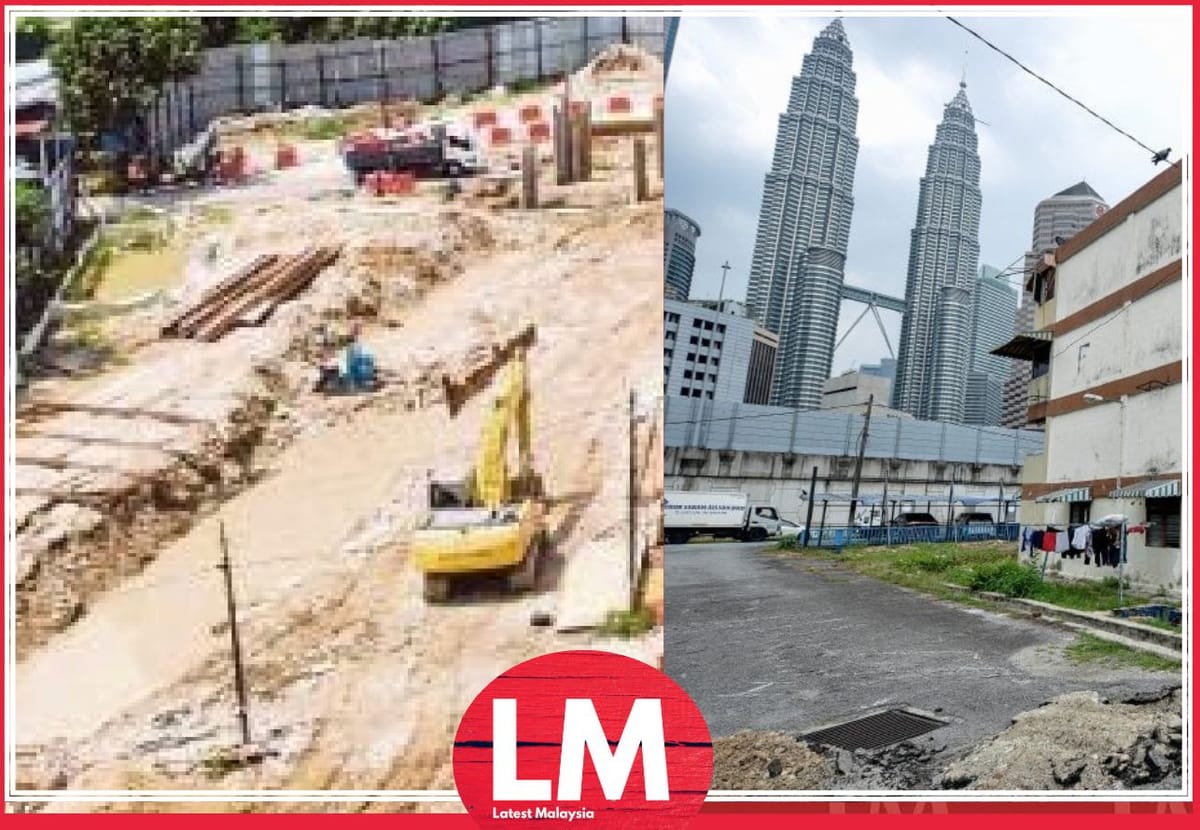Urban Renewal Act Sparks Political Rift: UMNO, Amanah, and DAP Clash Over Malaysia’s URA Reform
The Urban Renewal Act ignites political tension in Malaysia as UMNO, Amanah, and DAP leaders clash over redevelopment policies. Key figures Johari Ghani, Khalid Samad, and Nga Kor Ming represent competing visions for urban renewal and land rights protections.

Malaysia’s newly tabled Urban Renewal Act (URA) has sparked intense political debate, with sharp divisions exposed within the ruling coalition. At the heart of the controversy are three prominent leaders: Johari Ghani from UMNO, Khalid Samad from Amanah, and Nga Kor Ming of DAP. Their disagreements over the URA and related urban redevelopment projects such as Kampung Sungai Baru highlight how urban land policies are becoming a battleground that mirrors broader coalition tensions.
The URA, intended as an overhaul of Malaysia’s outdated redevelopment rules, aims to unlock urban renewal projects by lowering consent thresholds for redevelopment. It sets an 80% owners’ consent requirement for buildings under 30 years old, and 75% for older buildings, replacing the near-impossible 100% unanimity rule under the Strata Titles Act. Proponents argue it is necessary to rejuvenate dilapidated urban spaces and encourage investment.
However, opposition voices warn that the URA risks undermining individual property rights and eroding community cohesion. Johari Ghani, UMNO’s Titiwangsa MP, has defended the government’s current approach, stating that the act respects legal norms and protects most residents’ interests. He also criticized Khalid Samad’s comments as politicized and potentially confusing to the public, particularly in relation to Kampung Sungai Baru. Johari further emphasized that many affected homeowners had agreed voluntarily to compensation packages, denying allegations of coercion.
Political Rift
Khalid Samad responded by questioning whether residents were sufficiently protected in redevelopment processes. He argued that compensation and tenure arrangements often fall short of residents’ expectations, particularly in Malay communities without Malay Agricultural Settlement (MAS) land protections. Khalid called for stronger safeguards and urged a review of the URA’s expedited procedures and lowered consent thresholds.
Nga Kor Ming, as Housing and Local Government Minister from DAP, is the legislative champion of the URA. He maintains the law addresses systemic failures that have stalled urban renewal for decades. According to Nga, the URA enables flexibility to attract development in aging urban areas while complementing state and local planning. He acknowledged concerns raised and expressed commitment to refining safeguards to balance redevelopment incentives with social protections. Nga added that without such reforms, Malaysia risks deteriorating urban infrastructure and missed economic opportunities.
This tripartite debate illustrates coalition dynamics in Malaysia’s multi-ethnic government. UMNO’s emphasis on traditional land rights faces reform pressures from Amanah’s calls for stronger community protections and DAP’s push for modernization. The URA thus reflects a wider tension between economic development and grassroots rights.
Civil society and resident groups have also weighed in, calling for greater consultation, higher consent thresholds, and protections against acquisitions that could displace long-established communities. Several state governments have objected to the URA on grounds of jurisdictional concerns and sensitivities surrounding Bumiputera land rights. Legal experts caution that parts of the bill may need clarification to align with constitutional property protections.
As Malaysia’s parliament prepares for the URA’s second reading, the debate continues to reverberate across political, legal, and social arenas. The outcome will shape not only Kampung Sungai Baru and similar projects but also the broader balance between urban growth, community rights, and inclusive governance.


